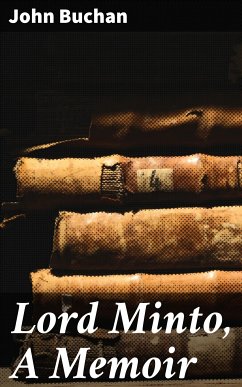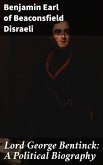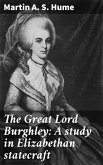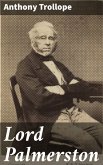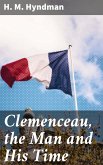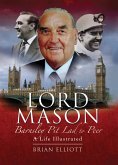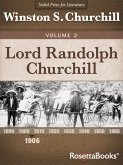In "Lord Minto: A Memoir," John Buchan presents a compelling biographical account of the life and contributions of Lord Minto, a prominent figure in British colonial history. With a style that blends reflective prose and historical analysis, Buchan offers a rich narrative that captures the complexities of Minto's tenure as Governor-General of Canada and his influential role in the broader context of Empire. The work is marked by Buchan's characteristic fluency and a keen eye for detail, situating Minto's personal experiences against the backdrop of significant political and social shifts of the early 20th century. This memoir serves not only as an homage to Minto but also as insight into the colonial mindsets of the time. John Buchan, a Scottish author and statesman, had a deep appreciation for history and literature. His own background as a historian likely influenced his portrayal of Minto's life. Buchan's career, which spanned journalism, politics, and writing, endowed him with a unique perspective on the narratives surrounding British imperial figures. Furthermore, his experiences during World War I propelled him to explore themes of duty, leadership, and the intricacies of governance. "Lord Minto: A Memoir" is highly recommended for readers interested in the intersections of personal narrative and historical context. Buchan's poignant insights into character and duty provide a fascinating glimpse into a pivotal era. This account is not merely a biography but a reflection on the enduring legacy of leadership in an age of change, making it a worthwhile read for historians and casual readers alike. In this enriched edition, we have carefully created added value for your reading experience: - A succinct Introduction situates the work's timeless appeal and themes. - The Synopsis outlines the central plot, highlighting key developments without spoiling critical twists. - A detailed Historical Context immerses you in the era's events and influences that shaped the writing. - A thorough Analysis dissects symbols, motifs, and character arcs to unearth underlying meanings. - Reflection questions prompt you to engage personally with the work's messages, connecting them to modern life. - Hand-picked Memorable Quotes shine a spotlight on moments of literary brilliance. - Interactive footnotes clarify unusual references, historical allusions, and archaic phrases for an effortless, more informed read.
Dieser Download kann aus rechtlichen Gründen nur mit Rechnungsadresse in A, B, BG, CY, CZ, D, DK, EW, E, FIN, F, GR, H, IRL, I, LT, L, LR, M, NL, PL, P, R, S, SLO, SK ausgeliefert werden.

